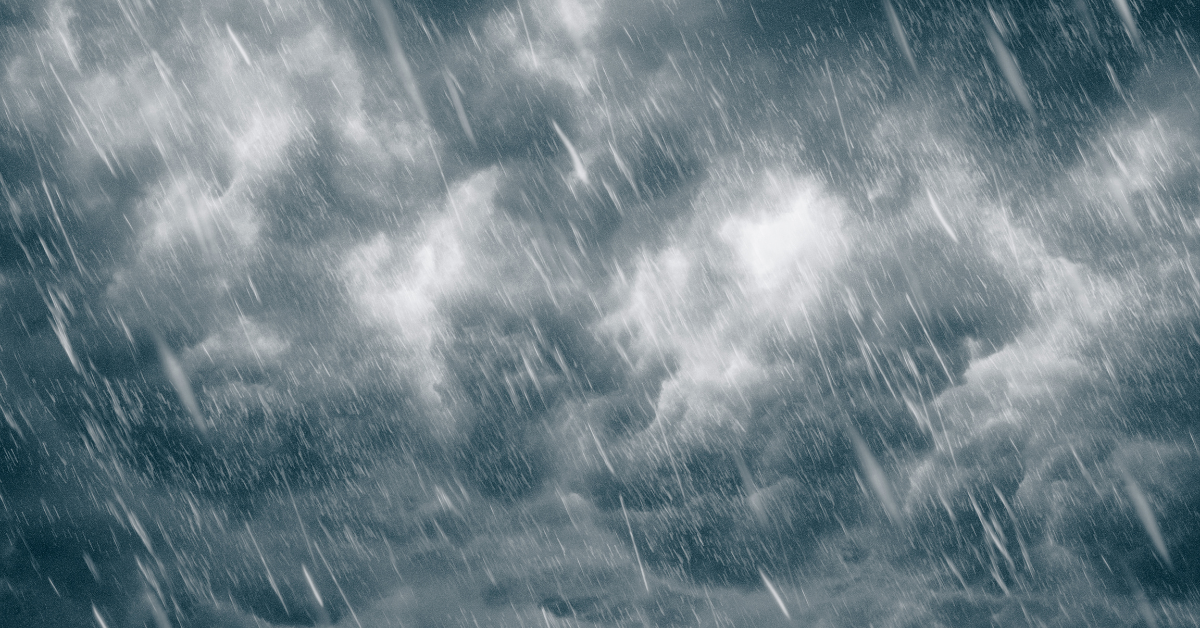As winter approaches in South Africa, businesses face unique challenges. Unlike some countries where snow is a major concern, South African winters can bring severe storms, flooding, and the ever-present issue of load shedding. These conditions can disrupt operations, damage property, and increase liability risks. Understanding these challenges and taking proactive steps can help protect your business and ensure continuity during the colder months.
Key Winter Challenges for South African Businesses
- Business Interruption Due to Power Outages: Load shedding is a significant concern in South Africa, especially during winter when energy demand increases. Power outages can disrupt operations, lead to loss of income, and impact customer satisfaction.
- Damage to Commercial Property from Storms: Winter storms can bring heavy rains and strong winds, causing damage to buildings and infrastructure. Flooding is a common issue, especially in low-lying areas, and can lead to costly repairs and downtime.
- Liability Issues from Customer Injuries on the Premises: Wet and slippery conditions during and after storms can increase the risk of customer injuries on your premises. These incidents can lead to liability claims and damage your business’s reputation.
Preventative Measures
1. Mitigating Power Outages:
- Invest in Backup Power Solutions: Generators and uninterruptible power supply (UPS) systems can keep essential operations running during outages.
- Energy Management Systems: Implement energy-efficient practices and systems to reduce reliance on the grid and lower energy consumption.
2. Protecting Against Storm and Flood Damage:
- Regular Maintenance: Ensure roofs, gutters, and drainage systems are clear of debris to prevent water buildup and leaks.
- Flood Barriers: Install flood barriers and sandbags in vulnerable areas to protect your property from rising water levels.
- Stormproofing: Reinforce windows, doors, and other vulnerable structures to withstand strong winds.
3. Reducing Liability Risks:
- Non-Slip Surfaces: Use non-slip mats and treatments on floors to reduce the risk of slips and falls.
- Adequate Lighting: Ensure all areas are well-lit to help customers and employees navigate safely.
- Clear Signage: Post clear warning signs in areas prone to becoming slippery when wet.
The Role of Commercial Insurance
While preventative measures are crucial, they may not always be enough to protect your business from winter weather challenges. This is where comprehensive commercial insurance comes into play.
- Business Interruption Insurance: This coverage can compensate for lost income and operating expenses when your business cannot operate due to power outages or storm damage. It ensures that you can maintain financial stability even during disruptions.
- Property Insurance: Property insurance covers the cost of repairs or replacements if your commercial property is damaged by storms or flooding. This includes coverage for the building itself and any equipment or inventory inside.
- Liability Insurance: Liability insurance protects your business against claims resulting from injuries on your premises. It covers legal fees, medical expenses, and any settlements or judgments, helping to safeguard your financial health and reputation.
By taking proactive steps to mitigate these risks and ensuring you have the right insurance coverage, you can protect your business and ensure it thrives through the winter months. At RBS, we understand the importance of being prepared for all eventualities. Contact us today to learn more about how our comprehensive insurance solutions can help safeguard your business against winter weather challenges.

